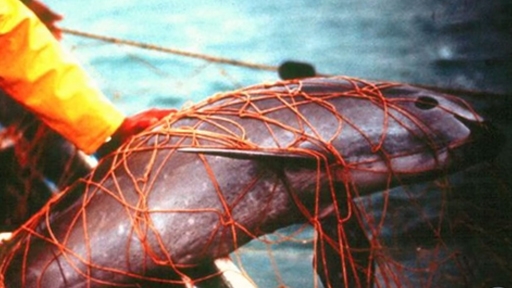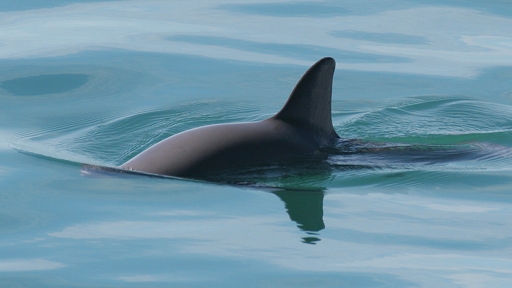
Recent research estimates that fewer than 20 individuals of a rare species of porpoise are left in the world, in part because of the high demand for swim bladder in China.
The totoaba—a large fish found only in the Gulf of California in Mexico—is prized for its swim bladder, which is used in Chinese soups and is believed to have healing properties. But the massive nets used to catch the totoaba also unintentionally trap and kill other victims, including vaquitas, which are currently the most endangered mammals in the world.

Given their endangered status, fishing of both vaquitas and totoaba is illegal. Fishing with gillnets—huge walls of netting that drop underwater and trap fish by their gills—has also been banned in some parts of the Gulf of California. That, along with subsidies for the fishermen who can no longer use the gillnets may be the only hope of saving the vaquitas.
Unfortunately, totoaba swim bladders continue to fetch thousands of dollars on the black market, which means illegal gillnet fishing remains an enticing pursuit for some. In fact, it’s not unheard of for a single swim bladder to sell for more than $10,000.

In Chinese culture, swim bladder or “fish maw” is eaten for a range of benefits, including better skin and improved fertility. Wealthy families even collect them as financial investments.
Totoaba have replaced the Chinese bahaba, another similar fish that was used as a source of swim bladders but is on the verge of extinction. Now, no one knows exactly how many totoaba are left, but it’s clear that if gillnet poaching continues, vaquitas may be completely extinct within a few years.
Video:




